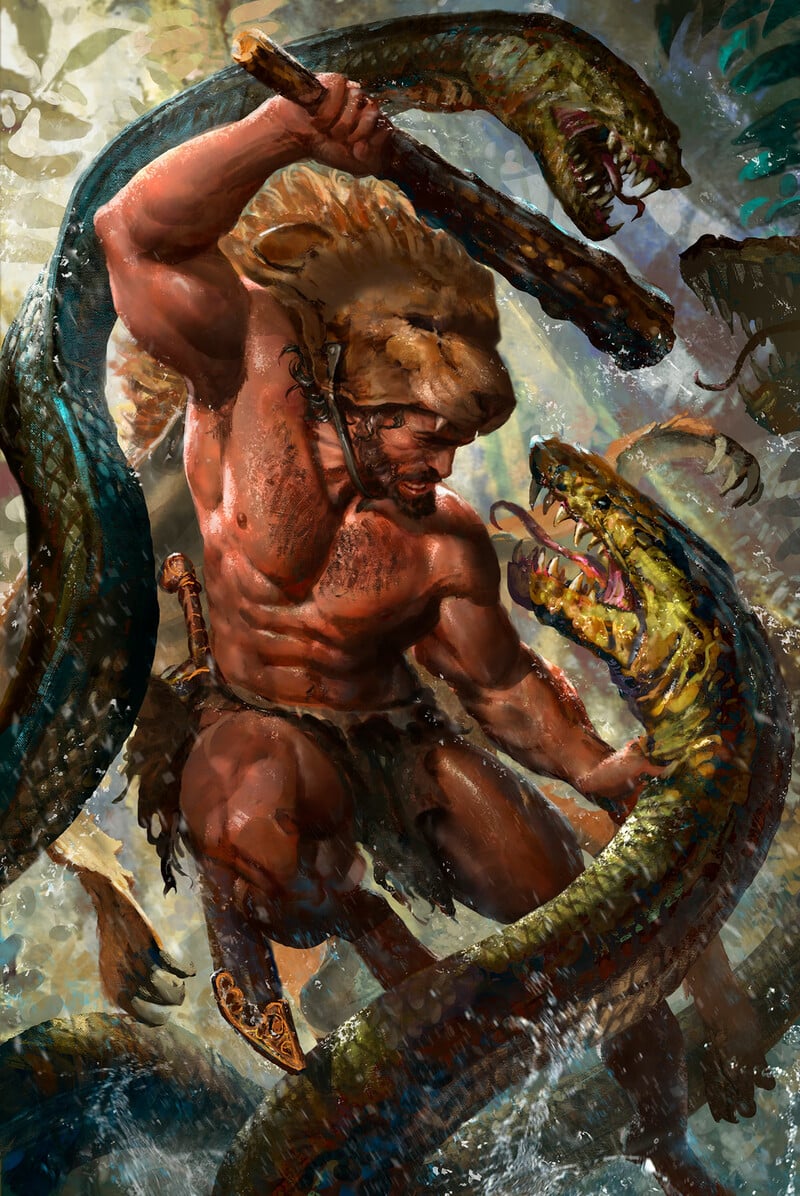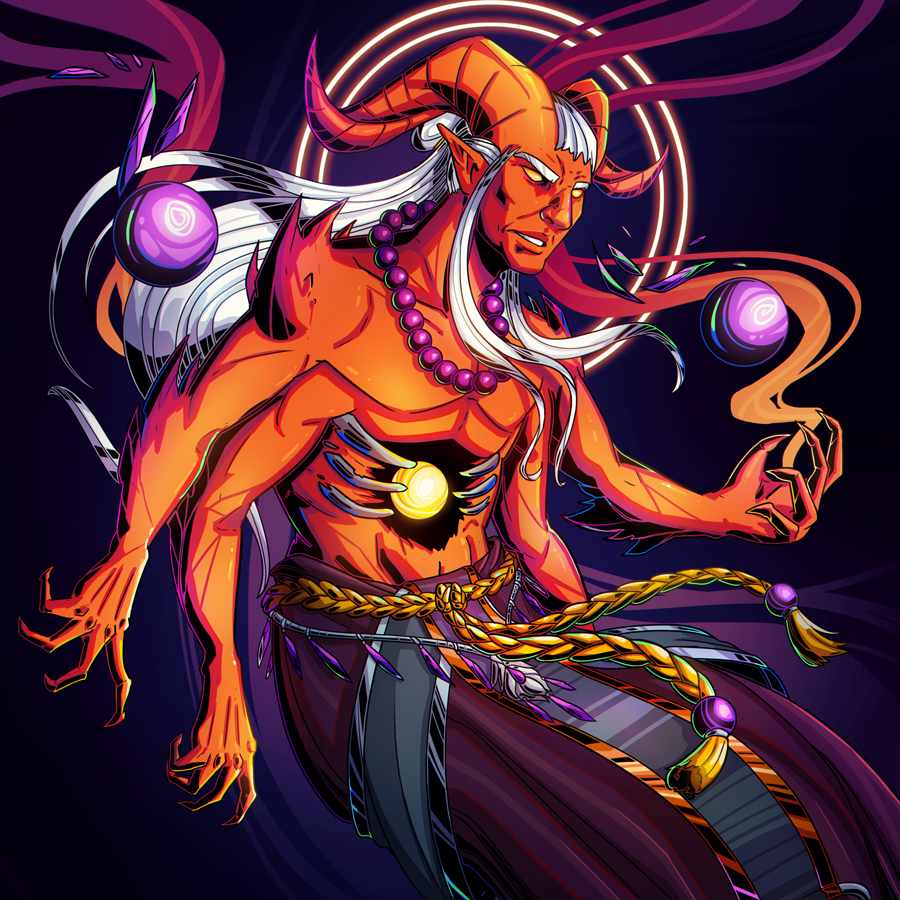
Deities gain all the class features for all their levels. These additional character levels beyond an effective character level of 20th follow the rules for epic levels.Ĭharacter levels above 20th confer some, but not all, of the benefits of normal levels. Most deities are 20 HD outsiders with 30 to 50 character levels as well. Deities have some or all of the following additional qualities, depending on their divine rank. A deity’s outsider type, along with its class or classes, determines its weapon proficiencies, feats, and skills. Deities’ physical characteristics vary from deity to deity. Unlike other outsiders, they have no darkvision unless noted in the deity description. All deities that are outsiders have all alignment subtypes that correspond with their alignment. Most deities are creatures of the outsider type (usually with 20 outsider Hit Dice). In some pantheistic systems, the consent of an overdeity is required to become a god.25 If they are known at all, it is to a handful of scholars on the Material Plane. They do not grant spells, do not answer prayers, and do not respond to queries. These entities are beyond the ken of mortals and care nothing for worshipers. The most powerful of greater deities rule over other deities just as mortal sovereigns rule over commoners. They have hundreds of thousands of mortal worshipers and control larger godly realms than demigods or lesser deities.Ĭalled greater deities, these entities may have millions of mortal worshipers, and they command respect even among other deities. These entities are called intermediate deities. They also have keener senses where their portfolios are concerned. Lesser deities have anywhere from a few thousand to tens of thousands of worshipers and control larger godly realms than demigods. A demigod might be very accomplished in a single skill or a group of related skills, gain combat advantages in special circumstances, or be able to bring about minor changes in reality itself related to the portfolio.Ĭalled lesser deities, these entities grant spells and can perform more powerful deeds than demigods can.

A demigod controls a small godly realm (usually on an Outer Plane) and has minor control over a portfolio that includes one or more aspects of mortal existence. A demigod has anywhere from a few hundred to a few thousand devoted mortal worshipers and may receive veneration or respect from many more. A demigod can grant spells and perform a few deeds that are beyond mortal limits. These entities, called demigods, are the weakest of the deities. Ordinary mortals do not have a divine rank of 0. These entities cannot grant spells, but are immortal and usually have one or more ability scores that are far above the norm for their species. Creatures that have a mortal and a deity as parents also fall into this category.

A deity’s divine rank determines how much power the entity has.Ĭreatures of this rank are sometimes called quasi-deities or hero deities.


 0 kommentar(er)
0 kommentar(er)
